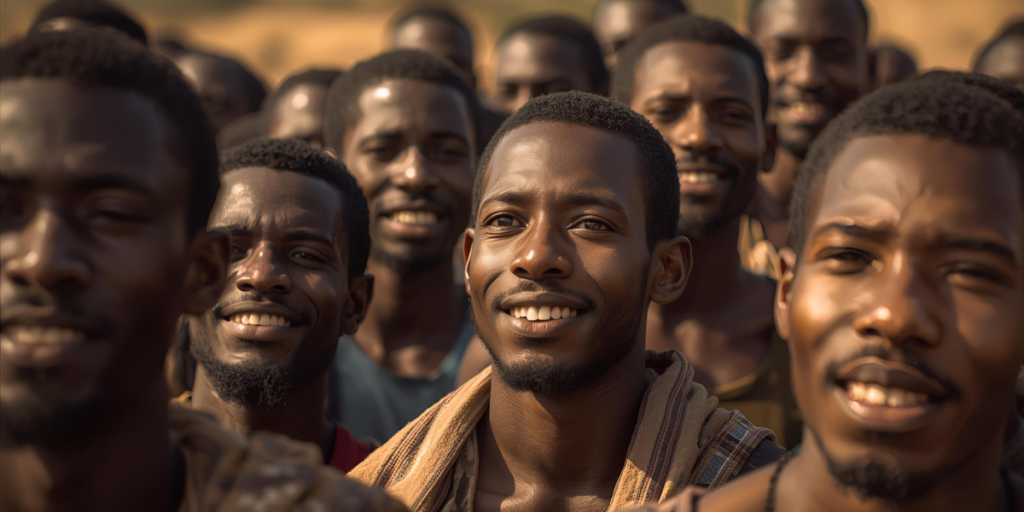
The call for Sudan Peace has become a defining aspiration for millions who long to see an end to conflict, displacement, and daily struggles. Across the country, voices rise demanding not only stability but also dignity, fairness, and a chance to rebuild shattered lives. This article explores the journey toward peace through five powerful hopes that can transform despair into opportunity.
For decades, Sudanese citizens have endured cycles of conflict that stripped them of security and stability. Sudan Peace embodies their yearning for a nation where families can thrive without fear of violence. Achieving stability means creating a safe environment for children to learn, for farmers to cultivate their land, and for communities to reconnect. Without stability, no real progress can take root, making this the first and most urgent hope for the Sudanese people.
Another essential hope linked to Sudan Peace lies in restoring justice and accountability. Conflicts often left wounds unhealed and voices unheard, fueling mistrust between communities. Justice offers healing, and it provides a fair ground for reconciliation. By establishing transparent institutions, promoting dialogue, and ensuring accountability, Sudan can begin to write a new chapter where fairness replaces fear, and hope replaces hatred.
Millions in Sudan live with daily shortages of food, clean water, and medical supplies. Sudan Peace promises not only the end of violence but also access to humanitarian relief. Relief is more than survival, it is the chance for children to attend school, for families to regain health, and for displaced citizens to return home. By linking peace with humanitarian efforts, this hope reflects the direct connection between stability and a life of dignity.
Sudan Peace cannot be achieved without addressing the economic collapse that has paralyzed the country for years. Peace opens the door for investment, trade, and job creation. It allows farmers to return to their fields, markets to flourish, and families to escape the trap of poverty. A revived economy means young people can build a future at home instead of seeking uncertain paths abroad. This hope highlights how peace is the foundation for lasting prosperity.
Conflict in Sudan has often spilled across borders, affecting neighboring countries and destabilizing the region. Sudan Peace is not only a national dream but also a regional necessity. Stronger cooperation with African and Arab neighbors can strengthen stability, support economic growth, and build security partnerships. International frameworks on peace building also show how collaboration can transform fragile states into pillars of regional strength.
One of the greatest challenges Sudan has faced is division along ethnic, political, and cultural lines. Sudan Peace is a hope for unity, where diversity becomes a source of strength instead of conflict. By embracing inclusively and building a shared identity, Sudanese communities can overcome decades of mistrust. National unity does not erase differences; instead, it celebrates them within a framework of respect and mutual understanding, strengthening the entire nation.
The youth of Sudan represent both the pain of conflict and the promise of transformation. Sudan Peace gives young people the chance to lead, innovate, and shape their country’s future. Through education, entrepreneurship, and civic engagement, the new generation can break free from cycles of violence. By empowering youth, Sudan ensures that peace is not just an agreement on paper but a living reality built by the hands of its future leaders.
Women have carried much of the burden during conflict, often holding families and communities together under impossible conditions. Sudan Peace offers a platform to recognize and amplify their role in rebuilding society. When women have access to education, healthcare, and leadership opportunities, they transform entire communities. Their inclusion in decision-making ensures peace is sustainable, balanced, and rooted in compassion and fairness.
War has displaced millions, leaving villages abandoned and urban centers overcrowded. Sudan Peace means creating pathways for displaced citizens to return, rebuild, and restore their communities. Reconstruction is not only about infrastructure; it is about reviving social bonds, cultural traditions, and the sense of belonging. A peaceful Sudan is one where every community feels connected to the nation’s destiny and secure in its future.
No nation achieves peace in isolation. Sudan Peace requires consistent international backing, not only in the form of aid but also in strategic partnerships. Diplomatic support, investment in development projects, and conflict-resolution expertise from the global community can strengthen Sudan’s path forward. Global solidarity gives the Sudanese people confidence that their struggle is not forgotten and that their journey toward peace is shared by humanity.
While international help is essential, Sudan Peace ultimately depends on internal reforms. Corruption, weak governance, and lack of transparency have eroded trust in state institutions. Reforming these systems ensures that resources reach the people, laws are fairly applied, and power is not misused. Internal reforms are a shield against future instability, making them a cornerstone of lasting peace in Sudan. For readers seeking deeper insights, we also recommend exploring our in-depth article on hope and resilience.
At its core, Sudan Peace represents the vision of a nation reborn. It is the dream of children who want schools instead of shelters, of farmers who wish to harvest instead of flee, and of communities eager to celebrate culture instead of mourn loss. This vision is not distant; it is within reach if commitment, unity, and hope guide the Sudanese people through their current struggles toward a brighter tomorrow.
Sudan Peace is more than a phrase, it is a promise carried in the hearts of millions. By embracing stability, justice, relief, economic revival, regional cooperation, national unity, youth empowerment, women’s leadership, community rebuilding, international support, and internal reform, Sudan can finally move beyond suffering. Peace offers not only survival but the opportunity to thrive. The path is difficult, but the reward is a future where Sudan stands tall, united, and filled with hope.